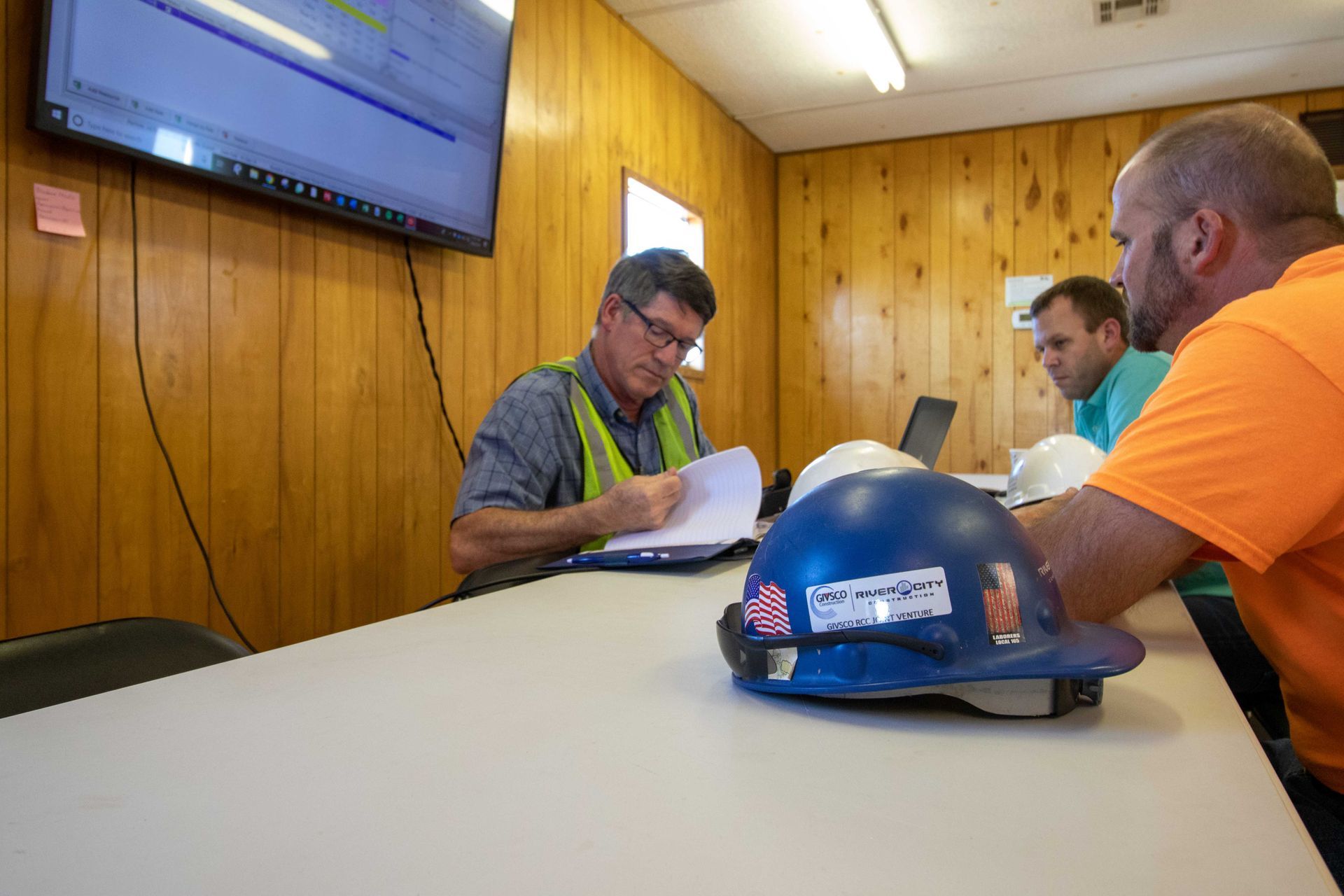The Keys to Construction Client Retention
Every business wants its customers and clients to keep coming back for more. Client retention will set you apart from the crowd in the commercial construction industry. However, client retention requires effort and persistence. Consider a retail brand where you regularly buy products. Why do you keep coming back? It may be the quality of the product, the customer experience, getting the most for your money, or even their marketing efforts. When you run a construction business, you want to emulate these same ideas in your business practices so your clients return with more projects.
Client retention will also help you acquire new clients and build a reliable reputation for your company. When you have satisfied clients who keep coming back, they will tell other prospective clients in their networks and direct them to you. Building your excellent reputation also helps get your company’s name out in the greater community. Further, work with your returning clients and encourage them to leave reviews and give testimonials on your website. This will improve your online reputation management and likely increase leads. With all of these benefits, it’s time to work through what needs to be done to create strong client relationships and retain them.

Initial Client Meeting
It’s no secret – strong first impressions often lead to strong relationships. Your client’s first impression of your company sets the tone for the rest of the relationship.
Check Your Online Presence.
A prospective client will likely check your website and social media pages first. You’ll want to ensure your website’s copy is geared toward your target audience. Mentioning your capabilities, company values, and areas of work is essential. Adding a portfolio section where prospective clients can see photos and videos of your past projects will boost your credibility and make your website more engaging. When it comes to social media, be sure that your pages are active and that any marketing efforts you are running via newsletters, email campaigns, or fliers are reflected through your social media channels
Empower Your Customer Service Team
Have you ever been interested in using a service or buying a product, but then you called their phone number, and the employee who answered made you rethink working with the company? This can happen if customer service representatives come off as rude, unhelpful, or there is no response to a prospective client’s query. Nowadays, having the option for prospective clients to call, email, or even engage in a “live” chat via the website is the norm for many companies. The customer service representatives taking these calls, answering emails, or responding to live chats should have advanced training and practice and be ready to handle frequently asked questions about the business.
Build Rapport
When a client is first making contact with you, rapport is essential. Ask the client many questions about their work and what they need. What connections can you make between your company and them? Your customer service team can even work on building rapport by asking open-ended questions about their project, the location, or general interest questions to get to know the client. This process takes time, but when done well, it increases trust and familiarity, making the project go smoother and lead to retention.

Starting the Project
Now that you have met with the client and agreed to work together, it’s time to start the project. Everything you do from the beginning to the end of the project will influence how likely the client will be to use your company again after completion. One way to start the project on a good note is by reviewing expectations with all parties. You want to be sure to notify contractors, subcontractors, consultants, estimators, designers, owners, and the construction crew of the standards for the build. Whenever possible, making face-to-face introductions plays a crucial role in building trust. It can be helpful at the beginning of the project to even go over procedures for any disputes or accidents so that all parties have an idea of those processes should they occur.
Using and Updating PM Software
Timing plays a vital role in the success of any construction project. At any scale, it can be difficult for project managers and staff to stay organized with all the person-hours, materials, and costs that go into the build. Here at Thomas D. Wilson Consulting, we know that using commercial construction project management software, such as Primavera or P6, makes all the difference. We have decades of experience scheduling and planning commercial construction projects with precision. Clients will be able to see how you are taking project management seriously for their job, and this will encourage them to feel comfortable using your company again and again. Our team would love to work with you on your project management needs, so connect with us today!
Follow-Through
Finally, your work with the client should continue once you have completed the project. Keeping in touch with the client is the bare minimum when it comes to client retention. Add personal touches by having your team reach out with a phone call or email now and then, or get involved with community events they may also be involved with. You’ll also want to ask them for feedback by leaving reviews of your company and their experience. If you have been working throughout the process to craft a solid relationship with the client, they should already be interested in using your company again.







